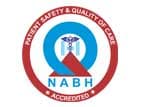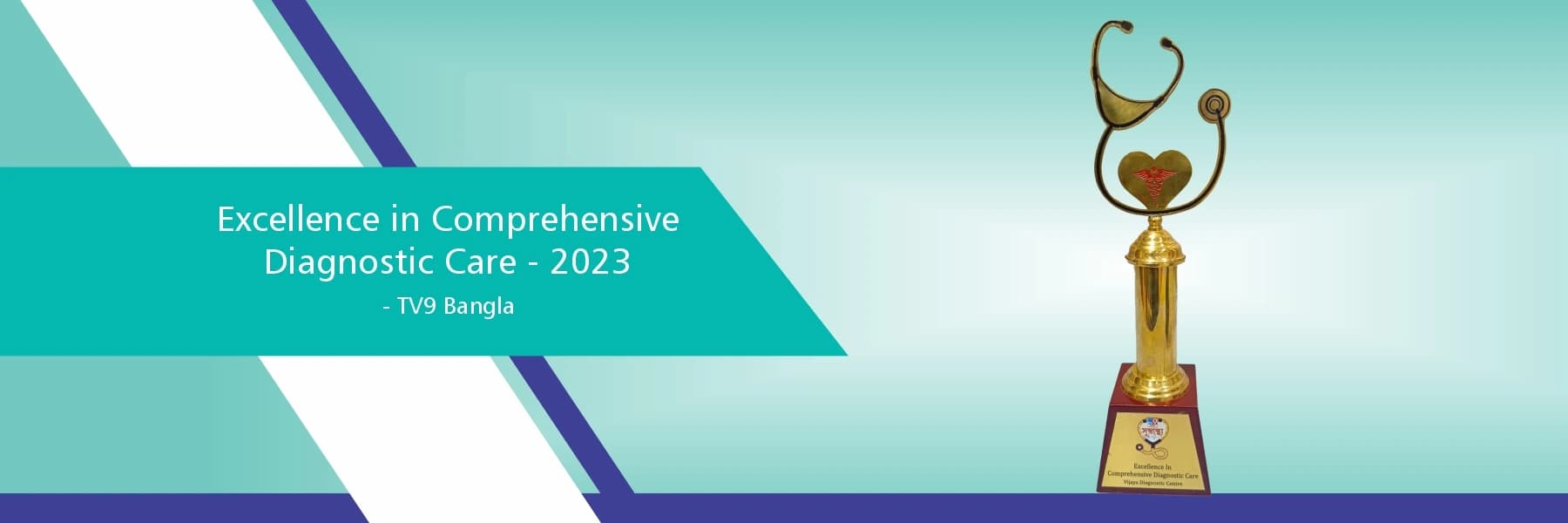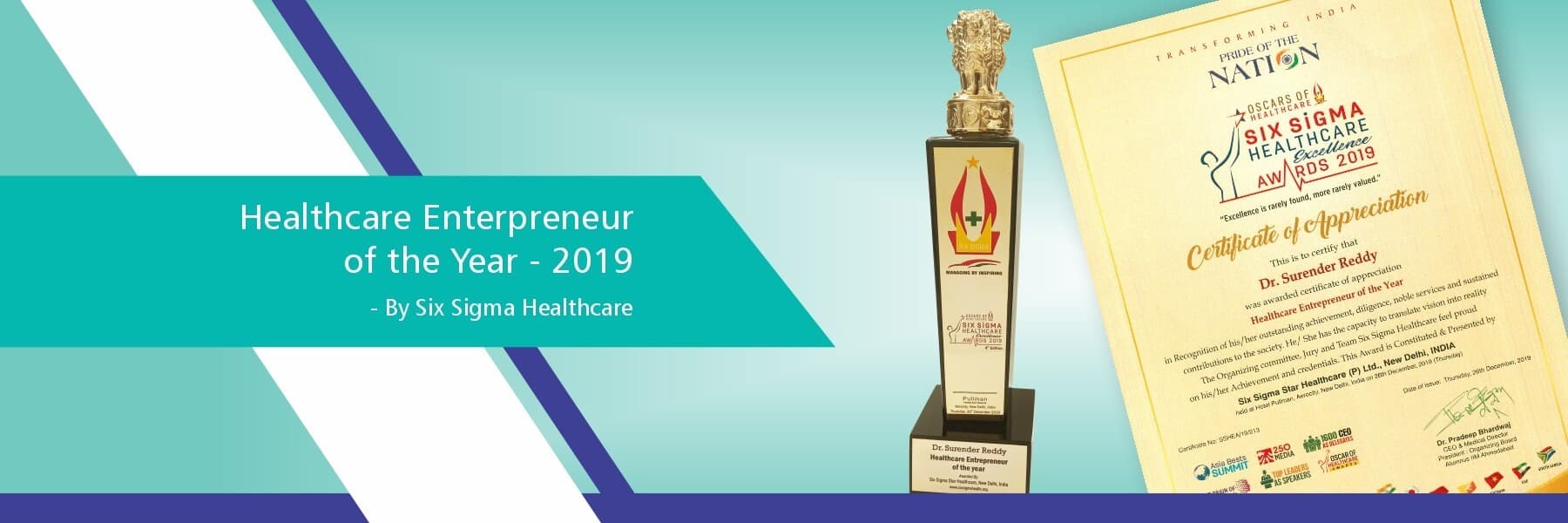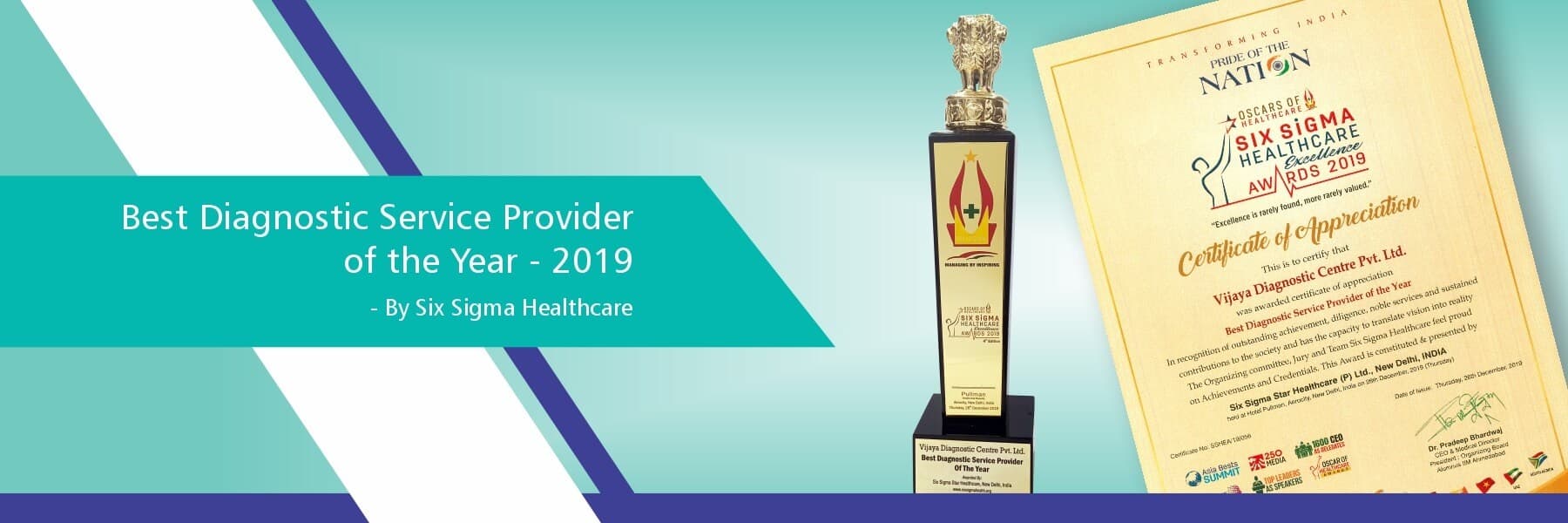
Know more about the causes and symptoms of CORONAVIRUS (COVID-19)
Coronaviruses are a common group of viruses; while some coronaviruses affect only animals, a few others can also affect humans. It is very likely that all of us have been infected by coronavirus at some point in our life. The symptoms of a coronavirus can range from a mild cold to flu like symptoms to moderate and severe upper-respiratory infections. The SARS epidemic (severe acute respiratory syndrome) was also caused by coronavirus. Coronavirus is also known to affect the gut and hence some patients may suffer from diarrhoea.
Symptoms of Coronavirus / COVID 19 infection
Detailed Symptoms
Below are some basic precautions that each one of us should follow for our good health.
The current COVID 19 infection has typical flu like symptoms
The symptoms may begin 2-10 days after initial infection
Sneezing, runny nose, fever, fatigue and cough are all symptoms of COVID 19 infections. In certain patients, diarrhoea was also reported.
1 out of every 6 people who gets COVID-19 becomes seriously ill and develops difficulty breathing. Older people, and those with underlying medical problems like high blood pressure, heart problems or diabetes, are more likely to develop serious illness.
People with fever, cough and difficulty breathing should seek medical attention.
Precautions Against COVID-19 or Coronavirus infection
People are infected with SARS-CoV-2 (the virus that causes COVID-19) primarily through inhaling infectious virus-carrying respiratory fluids.
Inhalation of very fine respiratory droplets and aerosol particles, deposition of respiratory droplets and particles on exposed mucous membranes in the mouth, nose, and eye by direct splashes and sprays, and touching mucous membranes with hands that have been soiled either directly by virus-containing respiratory fluids or indirectly by touching surfaces with the virus on them are the three main ways of exposure.
If you suspect you are developing even the slightest signs of COVID-19, consult your doctor right away. You can contact the clinic ahead of time and provide them with details about your symptoms so that they have enough time to understand and diagnose your illness. Your doctor may recommend that you be placed in quarantine (self-isolation) to avoid further hazards. Tell them if you've travelled to areas where COVID-19 is spreading or if you've come into touch with somebody who has the virus or is displaying signs of it.
Masks should be used as part of a comprehensive strategy of steps to prevent COVID-19 transmission and save lives; wearing a mask alone will not provide enough protection against COVID-19. Stay safe if COVID-19 is spreading in your community by using simple precautions, including physical distance, wearing a mask, keeping rooms well aired, avoiding crowds, hand washing, and coughing into a bent elbow or tissue. Inquire about local guidance in the area where you live and work. Do everything! To make masks as effective as possible, they must be used, stored, cleaned, and disposed of properly.
COVID-19 RT-PCR test: This COVID-19 test is performed by a lab technique called reverse transcription-polymerase chain reaction (RT-PCR) to detect the virus's genetic material. A health care provider takes a fluid sample from the back of your nose by inserting a nasal swab (nasopharyngeal swab) into your nostril. A health care practitioner may insert a swab into your throat in some cases (oropharyngeal swab).
Antigen test: COVID-19 is a test that detects certain proteins in the virus. Some antigen testing can yield results in minutes. Others may be referred to a laboratory for examination. When procedures are faithfully followed, a positive antigen test result is deemed accurate. However, there's a higher risk of false-negative results, which means you could be infected with the virus yet get a negative result. A health care professional may recommend an RT-PCR test to confirm a negative antigen test result, depending on the circumstances.
- Eat fresh and unprocessed food
- Drink enough water every day
- Eat a limited amount of food that contains fat & oil foods, prefer to have food that contains unsaturated fat.
- East less salt and sugar
- Avoid eating outside
Our Happy Customers
Dr. P. Srinivas
S. Panigrahi
Shanta Reddy
Zaki Ahmad
Rajesh

Blogs
Awards & Recognitions
Diagnostic Education
Frequently Asked Questions (FAQs)
Centre Details & Locations
You can click on the Centre Locator mentioned on the top right bar of our home page website to locate centres in your city. You can also search in Google “Vijaya Diagnostic Centre near to me” to find the nearest centre.
Yes, most of the centres have this facility.
Yes, you can check the operational timing of a branch by selecting the centre you want to visit on our website or Google map of respective centre
Health Checkup & Packages
The validity of a health check package is 30 days from the date of invoice, for more detail to Terms & Condition of use section on our website.
Watch This Video for Detailed Information
Once the validity period is over for your registered package, the package cannot be availed. The amount paid by you during the registration process is non-refundable, non-transferable and gets forfeited if you do not visit the branch within the validity period. The amount paid by you during the registration of the special package cannot be utilized for availing other packages.
No. These are special promotional packages which are available for registration only during the specific campaigns and thus it is important for you to register there during the event/campaign. These are specially designed and discounted packages which are only available during the campaign with specific validity period.
The package once registered, is non-transferable. One has to utilize the package for the registered customer only.
Home Sample Collection
Yes, you can book a Home Sample collection by selecting the desired tests on our website or calling our customer care number at 9240 222 222.
Yes, you can prepone/postpone an appointment by calling our customercare number at 9240 222 222.
Reports
Visit Home page of our website and click on Download reports icon. You need to login with mobile number and OTP. You will see your latest report in PDF format.
No, your reports would not be shared with anybody else other than you.
Tests Information & Instructions
Yes, fasting is recommended before undergoing a blood test.
Watch This Video for Detailed Information
- Generally, fasting is required prior to administering IV contrast. Fasting for ~ 4 hours (solid foods) is recommended.
- Kidney function test (serum creatinine) in cases of positive clinical history.
- Review of your medical history to determine that no issues exist preventing you from having a CT scan, such as pregnancy / contrast allergy or reaction (i.e., hives, rash, itching, breathing difficulty).
- A person accompany for IV contrast procedure.
- Some CT scans require drinking oral contrast, for approximately 30–60 minutes prior to your scan.
- Some CT scans involve an injection of contrast, for which an IV cannula will be inserted.
























